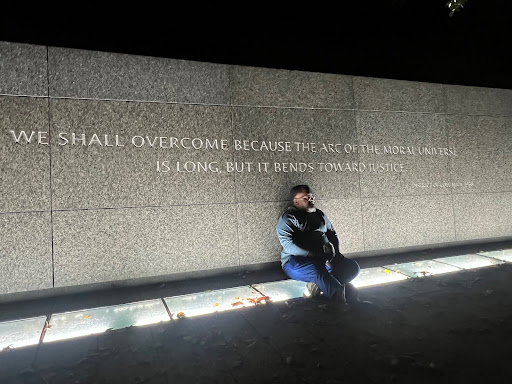And then there was one.
The announcement earlier this month that the Northeast Denver Innovation Zone is ceasing operations is the latest blow to what just a few years ago looked like a promising way for district-run schools in Denver to band together to win some charter-like autonomies.
But over the past two years, a Denver Public Schools board and administration at least intermittently hostile to zones bullied first the Beacon Innovation Zone and now NDIZ into submission. That leaves just the Luminary Learning Network standing.
And while LLN looks strong, having just added a seventh school – Merrill Middle School – to its portfolio, make no mistake: The district or board could cut the legs from under LLN when it next comes up for renewal in 2025.
While the current board appears marginally more open to innovation than its predecessor, the administration of Superintendent Alex Marrero still seems hostile to the concept, and could continue chipping away at autonomies and funding mechanisms that make a zone viable.
In their brief heyday, Denver’s three innovation zones held 14 DPS schools and took autonomy to a new level, with independent, nonprofit boards supporting and holding schools accountable for outcomes.
Innovation zones and schools, created by a 2008 state law, offer district-run schools some measure of autonomy over how the schools are run, providing an opportunity to waive out of certain district and state policies and creating school or zone-customized policies in their place. The innovation plan containing those policies must be approved by at least 60 percent of a school’s staff.
I wrote extensively last year about the disingenuous (to put it charitably) pretexts DPS used to close down the Beacon Network, vacillating between concerns about the performance of one of the zone’s two schools to reservations about Beacon’s governance structure.
NDIZ ran afoul of district leadership and some board members last year, in part because of controversies surrounding one of its member schools, McAuliffe International, and its use of a locked de-escalation room for students acting out violently. That controversy led to the unjust firing of longtime Principal Kurt Dennis.
The real reason for his firing, it appears, was that he had the temerity to go public, in a TV news interview, with his concerns about the Marrero regime’s failure to take school safety seriously. Dennis has filed a federal lawsuit against DPS.
NDIZ member schools also fought to hold onto some autonomies around hiring, start times, and school calendars that the district had decided could no longer be part of innovation plans. That led to long delays in approval of individual school innovation plans. In fact McAuliffe’s plan has been languishing for more than a year, with a vote finally scheduled for later this month or June.
In yet another in a series of moves to stifle autonomy, DPS last fall banished NDIZ Executive Director Colleen O’Brien from the schools in her zone. Though the reasons for that ban remain cloudy, DPS administrators said it was the result of an internal investigation into O’Brien’s role in failing to address the McAuliffe de-escalation room situation.
“In my opinion, this investigation is tied to DPS’ change in philosophy on Innovation Zones and possible retaliation for Kurt Dennis’ media interview – I was Kurt’s boss,” O’Brien wrote on Boardhawk last fall.
Last week, in an act of pettiness that is characteristic of the current DPS regime, the district took a parting shot at NDIZ in a statement to the website Central Park EdNews. Instead of being gracious in victory and thanking the zone for its work on behalf of Denver students, Marrero’s team took the low road, dissing it fallen foe.
“The district did have significant concerns that NDIZ was being poorly managed and had serious doubts about NDIZ’s ability to operate effectively,” the statement said. “These concerns arose after years of the district’s attempts to collaborate with NDIZ leadership about holding school leaders accountable, the discovery of improper seclusion, and acts of discrimination that were in direct conflict with district policy and the values and standards we uphold in Denver Public Schools.”
Meanwhile, LLN continues to thrive as a zone in large part because it has a savvy leader in Executive Director Bailey Holyfield, a former district employee on its charter school and innovation school authorizing team. Holyfield knows how the district operates and has proven adept at maintaining key autonomies while conceding others that weren’t central to the zone’s operations.
The school board will vote soon on admitting an eighth school to the LLN zone. That school is Swigert International, one of three schools that remained in NDIZ until that zone folded its tent earlier this month
There would appear to be strength in numbers. If Swigert joins the zone, 3,400 students will attend LLN schools. That’s a lot of parents, teachers, and kids who would rally to the zone’s defense if necessary.
Then again, given the Marrero administration’s history of hostility to autonomy, not to mention its vindictiveness, a larger zone might just be a bigger, more tempting target.




